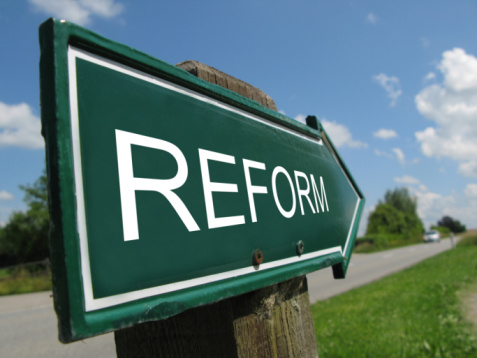
If it sometimes seems as if everyone in America has an opinion on the Affordable Care Act, come to City Heights. Here, the problem is the opposite: folks living in this impoverished San Diego community don’t know the details about the federal reform that is about to transform the way many people get their health care.
That’s starting to change, thanks to efforts by a number of groups gearing up education and enrollment campaigns in this ethnically diverse neighborhood a few miles northeast of downtown.
“Outreach is paramount,” said Zara Marselian, La Maestra Community Clinic’s chief executive officer.
The City Heights endeavor mirrors in many ways what is occurring throughout California as nonprofits and government agencies try to educate people about the Affordable Care Act and enroll them under Covered California, the agency responsible for selling insurance to individuals and small business under Obamacare.
City Heights comprises several smaller neighborhoods that make one of the more diverse communities in the United States. It includes a burgeoning Little Mogadishu district with a large population of Somali refugees, the center of San Diego’s Vietnamese community, and a huge population of Central Americans. More than 4 of every 10 people living in City Heights were born in another country.
That can make education efforts there especially challenging.
“The diversity in City Heights provides the kind of a challenge you may not see in the Central Valley, for example,” said Steve Eldred, a program manager for the California Endowment, a non-profit foundation supporting the education efforts*. “You have so many different languages and cultural groups. And I would expect that with the Spanish-speaking population we’ll see more mixed-status families where some members may be undocumented and others are not.
“It’s going to add a lot more complexity and it can make it very challenging to work through.”
The need, though, is profound.
According o U.S. Census figures, the per capita income for the Zip code that includes most of City Heights is $15,142, and 1 in 3 families have a total household income of less than $25,000 per year. According to figures from the San Diego Association of Governments that look only at neighborhoods in City Heights, some 43 percent of households have a total income of less than $30,000 per year, more than twice the percentage of low income families citywide.
The California Endowment estimates that 28 percent of the adult population in City Heights is uninsured. Approximately 7,000 City Heights residents would be eligible for subsidized health insurance under Covered California, according to figures from the UCLA Center for Health Policy Research, and an additional 9,000 could secure coverage through the law’s provisions expanding Medi-Cal. Some 5,000 uninsured undocumented immigrants would remain ineligible for health insurance because of their citizenship status.
Key to comprehensive enrollment efforts is getting a clear grasp on the resources available, said Julian Quinonez, a consultant hired by Price Charities to work on the City Heights initiative.
For example, Covered California has given the nonprofit SAY San Diego (SAY is an acronym for Social Advocates for Youth) $500,000 in educational outreach funds for San Diego County. It’s Quinonez’s job to figure out how much of that money can be spent in City Heights.
Likewise, the information network 2-1-1 San Diego has secured $1 million from Covered California, but yet to be determined is how much City Heights will get. The region’s Council of Community Clinics also has yet to decide how much of the $770,000 it received should go to the mid-city neighborhood. And Catholic Charities has $859,000 to spend on statewide educational outreach efforts, but City Heights agencies don’t know how much will go there.
Meanwhile, Family Health Centers of San Diego, which has two offices in City Heights and partners with La Maestra to operate free clinics at three San Diego school campuses, has hired two outreach-enrollment workers to sign up as many eligible, uninsured people as possible once open enrollment begins Oct. 1. They will be going everywhere from coin laundries to co-ops and health fairs, educating residents about Covered California. The new hires, who speak Vietnamese, English and Spanish, will direct the uninsured to register at Family Health Centers’ Mid-City Adult Clinic in City Heights, where eight languages are spoken by staffers.
“We’re trying to sign up as many of the thousands of persons in City Heights without health insurance as possible,” said Roberta L. Feinberg, who heads the nonprofit.
The California Endowment, meanwhile, will target organizations that have trusted relationships with the community for outreach grants, Eldred said. The East African Collaborative and Somali Family Services are among the potential targets.
“We’ll also be putting quite a bit of money into media and other outreach,” he said. “We particularly want to focus on young adults and young men who have not had health care in the past. We’re also going to be looking at the eligibility of people released from jails and prisons.”
Among the group’s most important partners in the neighborhood will be the Mid-City Community Advocacy Network.
Marselian said La Maestra’s efforts will focus heavily on health fairs and will include staffing booths “to get the information out.” La Maestra holds a health fair in the region virtually every week.
She said one of the biggest misconceptions she’s seen so far is that Covered California will cover all of City Heights’ uninsured. “And that’s just not true. There’s still going to be a huge pool of uninsured people.”
*The California Endowment is a financial sponsor of www.calhealthreport.org





